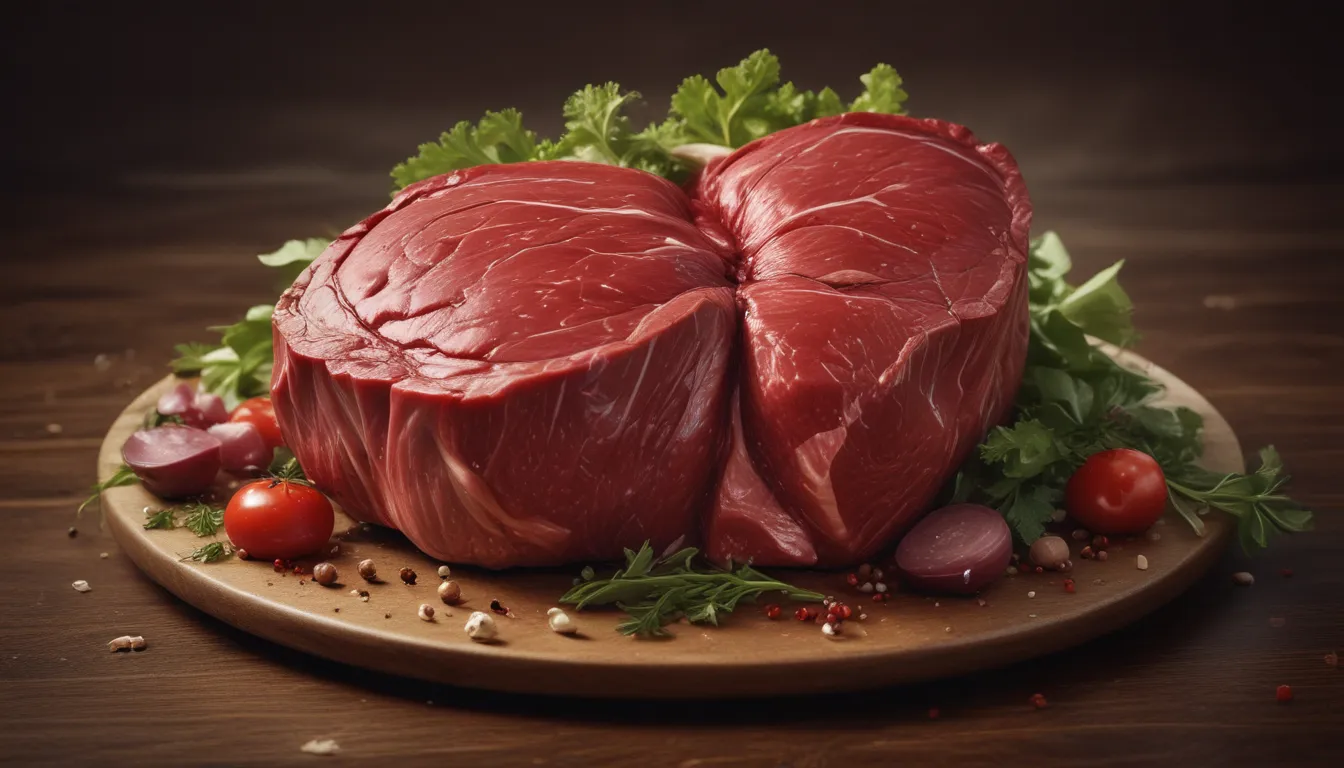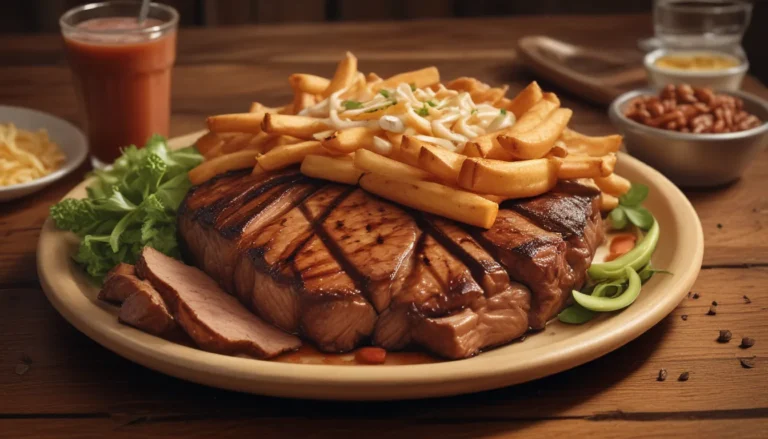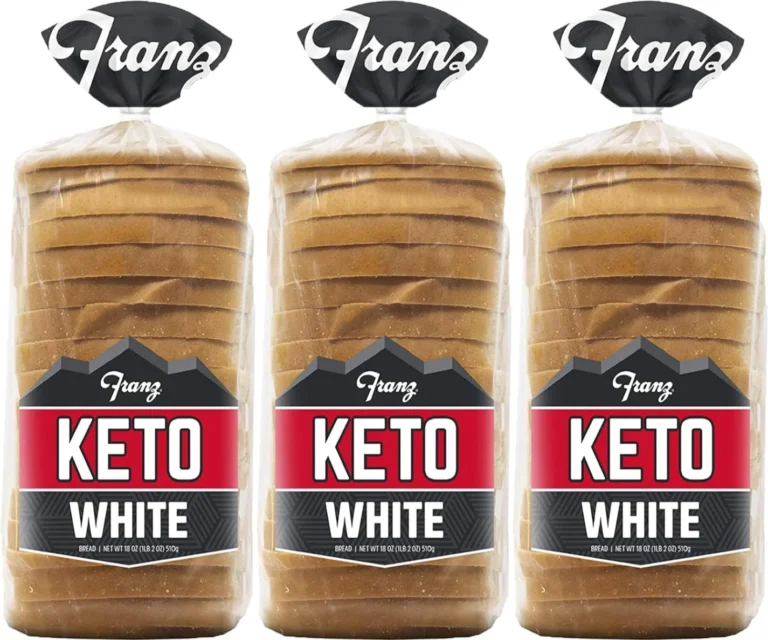The pictures in our articles might not always show exactly what the text is talking about. We use these images to make the article more interesting and eye-catching. They are there to add to the text, but not to replace it or show every detail.
Are you looking to elevate your meals with a nutrient-dense ingredient that offers a range of health benefits? Look no further than beef heart! This often overlooked organ meat is a true powerhouse when it comes to essential vitamins, minerals, and proteins. In this comprehensive guide, we will delve into the fascinating world of beef heart nutrition, exploring its valuable nutrients, culinary possibilities, and health advantages. Get ready to discover the hidden gem that is beef heart and unlock its full nutritional potential!
Exploring the Marvel of Organ Meats
Beef heart, classified as an organ meat, is the heart muscle of a cow. It boasts a dense texture and a rich, meaty flavor that sets it apart from other cuts of beef. Despite its unique characteristics, beef heart has been a staple in various cuisines around the world, thanks to its rich, robust flavor and tender texture that make it a versatile ingredient in a wide range of dishes.
The Nutrient-Packed Profile of Beef Heart
Protein Powerhouse
One of the standout features of beef heart is its impressive protein content. A 3-ounce serving of beef heart provides approximately 21 grams of high-quality protein, essential for muscle growth, repair, and overall health.
Vitamin Bounty
Beef heart is rich in various vitamins, including B vitamins such as B12, B6, riboflavin, and niacin. These vitamins play crucial roles in energy production, brain function, and the formation of red blood cells.
Mineral Richness
Beef heart serves as a good source of essential minerals like iron, zinc, phosphorus, and selenium. Iron is vital for oxygen transport in the body, while zinc supports immune function and wound healing.
Antioxidant Boost
Loaded with coenzyme Q10, beef heart offers a significant amount of this powerful antioxidant that plays a vital role in energy production and may have various health benefits.
Embracing Heart Health
Contrary to its name, beef heart can actually be beneficial for cardiovascular health. Thanks to its coenzyme Q10 content, beef heart may help support cardiovascular function and reduce the risk of certain heart-related conditions.
Enhancing Your Well-Being with Beef Heart
Iron-Rich Goodness
Beef heart serves as an excellent source of iron, crucial for the production of red blood cells and the prevention of iron-deficiency anemia. Incorporating iron-rich foods like beef heart into your diet can help maintain healthy blood oxygenation.
Nutrient Density Delight
Beef heart is incredibly nutrient-dense, offering a wide array of essential nutrients in a relatively low-calorie package. By adding beef heart to your diet, you can meet your nutrient requirements while keeping your calorie intake in check.
Muscle Support
With its high protein content, beef heart is an ideal food for supporting muscle growth and repair. Athletes and fitness enthusiasts can benefit from the protein-packed nature of beef heart to build and maintain lean muscle mass.
Energy Boost
The combination of iron and B vitamins in beef heart helps support energy production in the body. Iron aids in oxygen transport, while B vitamins play a role in converting food into usable energy, potentially leading to improved energy levels.
Immune System Strengthening
Beef heart's zinc content supports a healthy immune system by aiding in various immune functions, including cell growth, development, and immune response.
Bringing Beef Heart to Your Table
Selecting Top-Quality Beef Heart
When choosing beef heart, opt for cuts that are bright red, free from discoloration or strong odors, and have a firm texture. Ensure that the beef heart is well-trimmed before cooking to enhance the taste and texture of your dish.
Preparation Tips
Before cooking beef heart, it is essential to clean and trim it properly. Remove any excess fat, connective tissue, and blood vessels, and rinse it thoroughly under cold water. Consider marinating the beef heart to tenderize the meat and infuse it with flavors.
Cooking Techniques
Beef heart can be cooked in various ways, including grilling, pan-frying, or braising. Proper cooking techniques are crucial to achieving tenderness while retaining the nutritional value of the beef heart.
Culinary Adventure Awaits!
Beef heart is not only a culinary delight but also a nutritional powerhouse. Whether grilled, added to stews, or used in kebabs, beef heart can elevate your meals with its robust flavor and tender texture. Embrace the culinary adventure and unlock the nutritional potential of beef heart in your diet!
Frequently Asked Questions (FAQs)
Is beef heart safe to eat?
Yes, beef heart is safe to eat when sourced from reliable suppliers and cooked properly.
How does beef heart taste?
Beef heart has a rich, beefy flavor with a slightly gamey taste and a tender texture when cooked correctly.
Can I freeze beef heart?
Yes, beef heart can be frozen, and it is recommended to slice it into portions for easier thawing and use.
Can beef heart be included in specific dietary plans like keto or paleo?
Absolutely! Beef heart is compatible with various dietary plans, including keto, paleo, and carnivore diets, due to its nutrient-density and protein-rich nature.
Where can I purchase beef heart?
You can find beef heart at specialty butcher shops, local farmers’ markets, or online suppliers specializing in high-quality meats.
Unleash the nutritional power of beef heart and embark on a culinary journey that promises both flavor and health benefits. With its protein, vitamins, minerals, and antioxidant content, beef heart offers a unique combination of nutrients to support your overall well-being. Dive into the world of beef heart and discover its culinary versatility and nutritional richness. Bon appétit!






